Nigeria’s February 25, 2023, elections portend critical implications for Africa’s political landscape. Consequently, Carleton University’s Institute of African Studies (IAS) in collaboration with The Norman Paterson School of International Affairs (NPSIA) and the Department of Sociology and Anthropology will host a webinar on the elections on February 22, 2023, from 11:00AM -1PM (EST) and 1700-1900 (WAT) under the IAS Umeme Flashpoint series.
The webinar will bring together scholars, members of the civil society, the media, and other stakeholders in Nigeria’s democratic project at home and in the diaspora in a roundtable to critically reflect on the hot topic: Nigeria’s 2023 Elections: A ray of hope or a dead-end?
Join our WhatsApp ChannelREAD ALSO: How To Check And Confirm Your PVC Online
The speakers are: Prof. Okey Ndibe (Writer and political commentator); Aisha Yesufu (activist and business woman); Wumi Asubiaro-Dada (Human rights activist and Doctoral candidate at the Centre for Criminology Socielegal Studies, University of Toronto); Comr Abdul Mahmud (Lawyer and Human rights and pro-democracy activist); Mr. Chima Christian (Journalist and public affairs analyst), and Mr. Kola Ologbondiyan (Journalist and former spokesperson for the People’s Democratic Party, PDP).
The roundtable will be co-moderated by Prof. Nduka Otiono, writer and Director of the Institute of African Studies at Carleton University and Prof. Samuel Oloruntoba, adjunct research professor at the Institute of African Studies, Carleton University.
Technical support for the event will be provided by Chike Nwoke, Vanier Doctoral Candidate and Ugochukwu Okoye, PhD student (both of the Department of Sociology and Anthropology and Department of Sociology and Anthropology), as well as Dr. Gabriel Habiyaremye, the Administrative Assistant of Carleton University’s Institute of African Studies.
READ ALSO: UPDATED: How To Confirm Your Polling Unit Online
The webinar is open to the public via the following registration link: http://bit.ly/3xy4AM2
Background
On February 25, 2023, Nigeria, Africa’s largest democracy will hold its presidential election. The 2023 elections will be the seventh since the return to democratic rule in 1999. And unlike the previous elections, the 2023 elections will transcend the duopoly of contestation between the two leading parties, the People Democratic Party (PDP), and the All-Progressive Congress (APC).
Take This Poll Now: 2023 Elections: Who would you pick as President on February 25?
This time, two other political parties, namely, Labor Party (LP) and the New Nigeria People’s Party (NNPP) are poised to upset the table in ways that could significantly affect the fortunes of the two main parties.
The main contenders in the elections are Atiku Abubakar, former Vice President from 1999-2007 (PDP), Bola Ahmed Tinubu, former Governor of Lagos state (1999-2007), (APC), Peter Obi, former Governor of Anambra state (2007-2014) LP, and Rabiu Kwankwaso, former Governor of Kano State (1999-2003, 2011-2015) NNPP. While the four contenders have held one political position or the other, Peter Obi of LP is riding on the wings of the anger of the Nigerian youth against the traditional political establishment represented by the three other contenders.
Many of Peter Obi’s supporters named ‘Obidients’ are the angry Nigerian youths who are disenchanted by the serial failure of the political elites to make their lives better. The ‘Obidient’ movement represents the continuation of the spirit of the ENDSARS protests that rocked the country in October 2020. There are great expectations that the LP candidate can bring the much-needed change to the country if he wins the next election. However, given the structural nature of the challenges, such expectations might prove revolutionary.
Although democracy has not been consolidated in Nigeria, it has been accepted as a norm for change in government every four years. After the failed attempt by former President Olusegun Obasanjo to change the constitution in 2006, no president has attempted to change this norm of regular elections. The Independent Electoral Commission (INEC) appears to be making incremental changes that could enhance its operational efficiency.
Typically, infamous for either enabling rigging or not doing enough to prevent it, the leadership of the electoral management body, INEC, has brought innovation that could ensure credibility of elections in 2023. The introduction of the Bimodal Voter Accreditation System (BVAS) and online transmission of results to the central server could potentially bring sanity to the electoral process.
The 2023 elections in Nigeria have regional and continental implications. In a continent where democratic reversals are on the rise through a new wave of military coups as have recently happened in Burkina Faso, Guinea Bissau, Mali and Sudan, among others, a successful conduct of highly contested elections in Africa’s largest democracy could provide legitimacy for Nigeria to continue to lead the process of promoting the norms of democracy in accordance with the African Union’s Charter on Democracy, Election and Governance as well as the ECOWAS Protocol on Democracy and Good Governance.
The roundtable webinar will bring together scholars, members of the civil society, the media, and other stakeholders in Nigeria’s democratic project at home and in the diaspora in a roundtable to critically reflect on the hot topic: Nigeria’s 2023 Elections: A ray of hope or a dead-end?

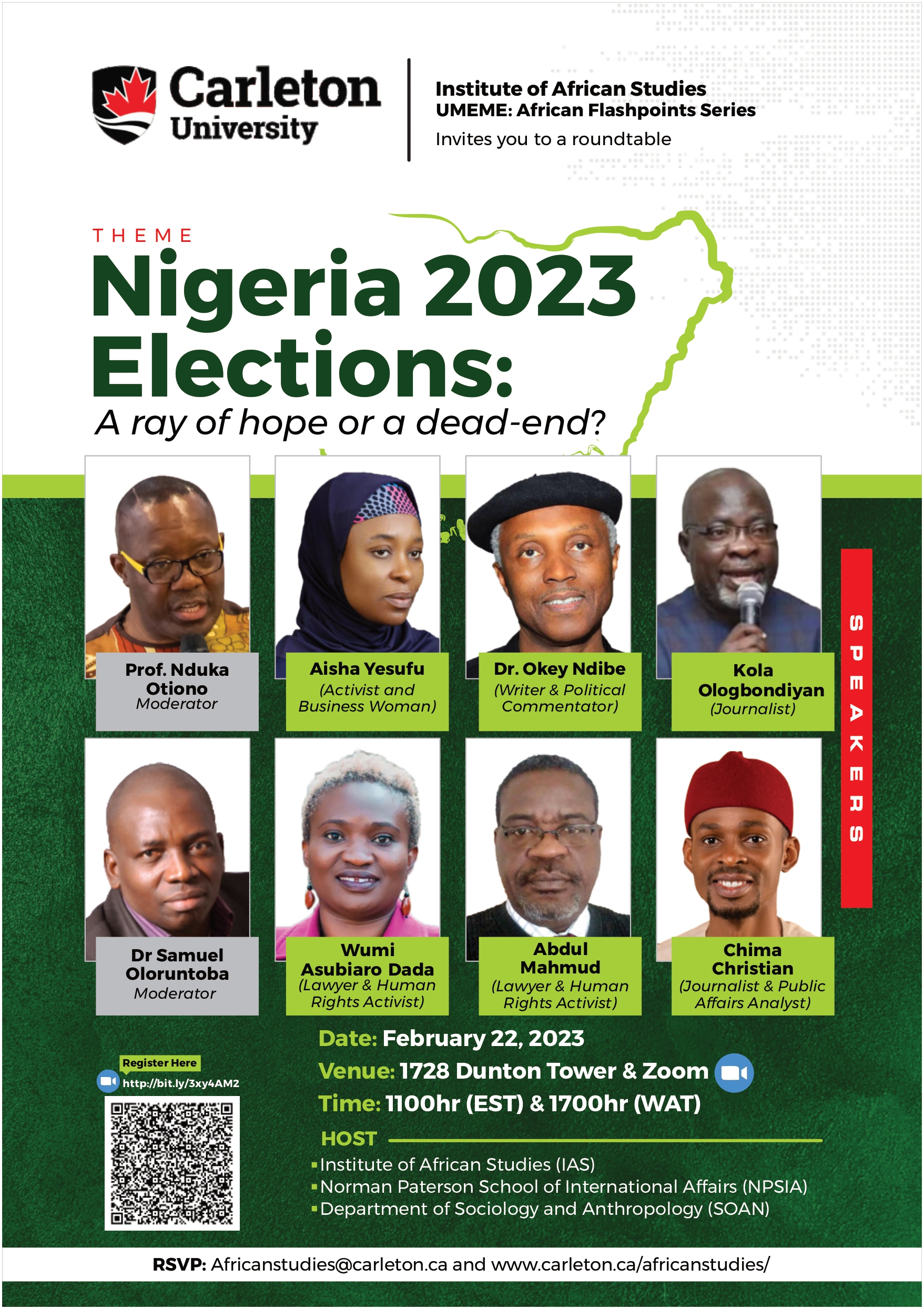


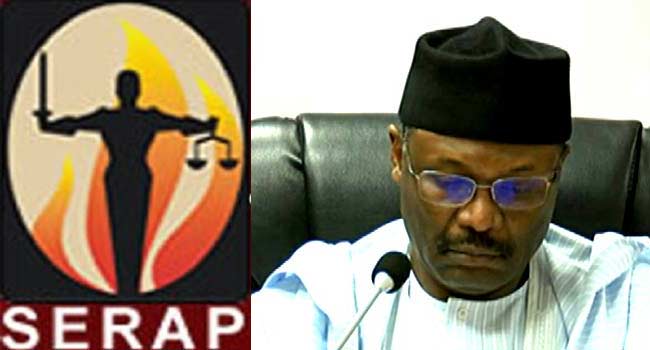
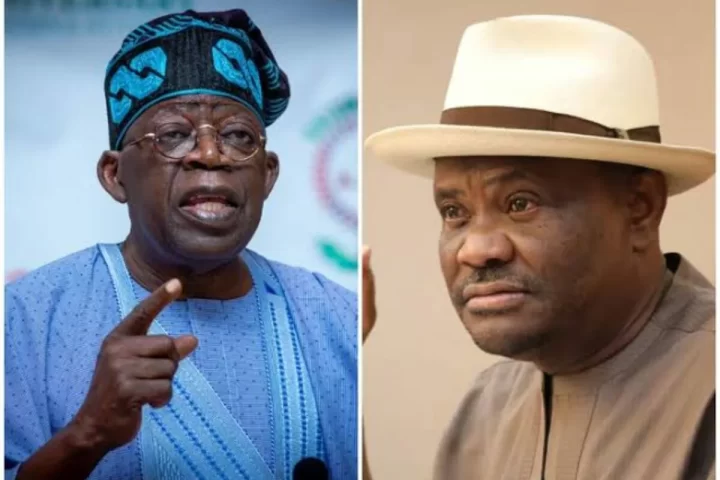
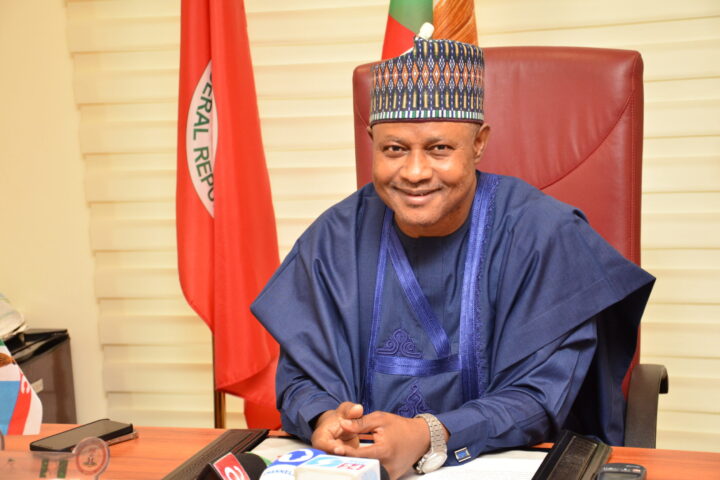






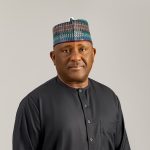
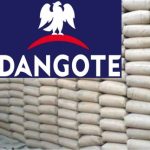
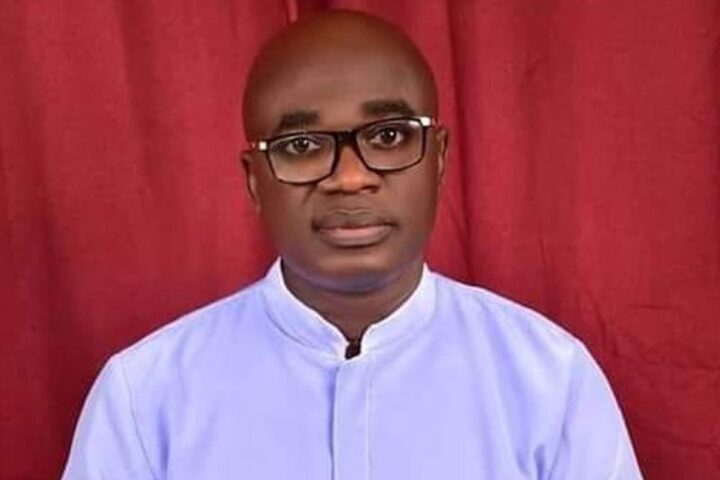
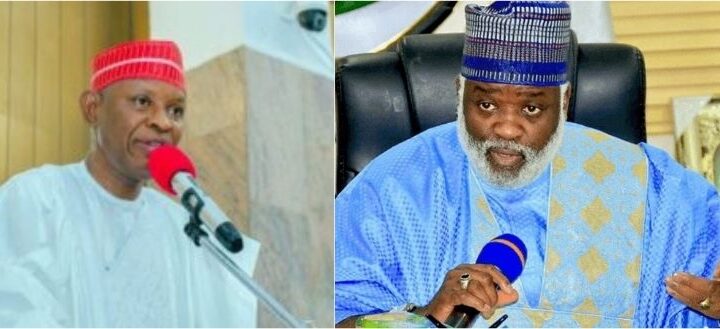
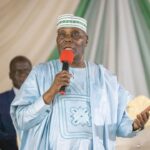
Follow Us